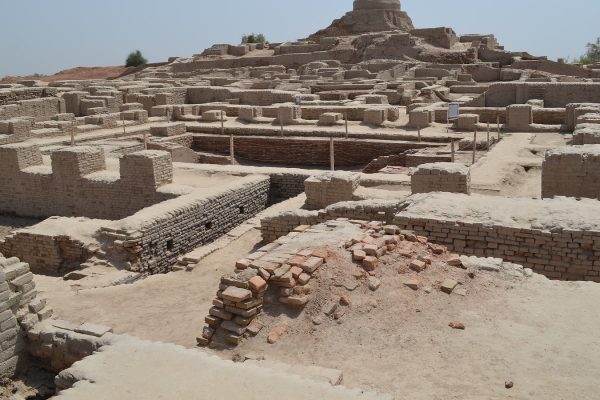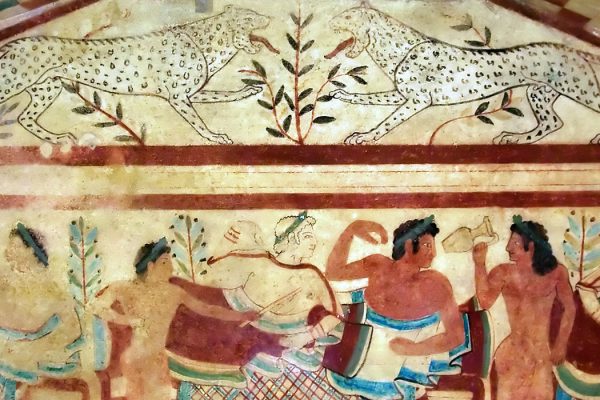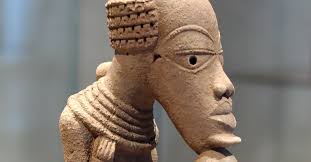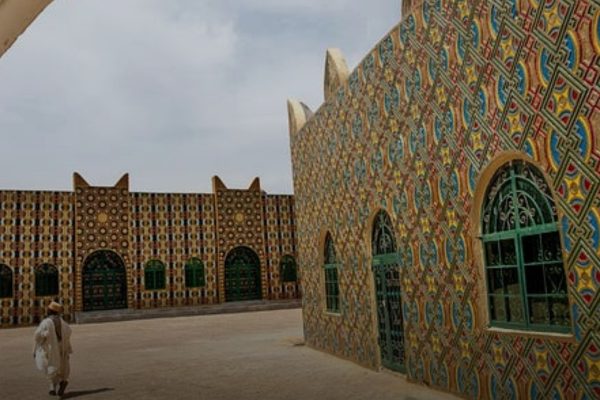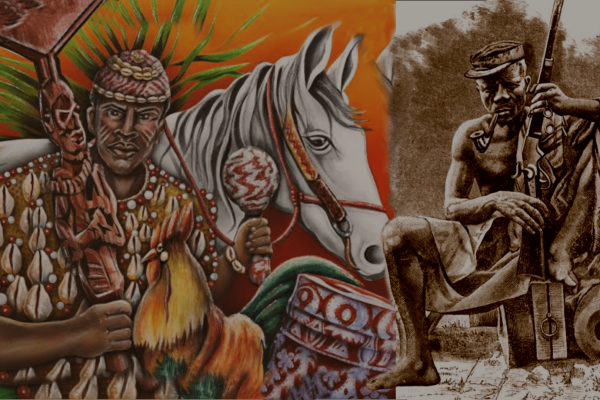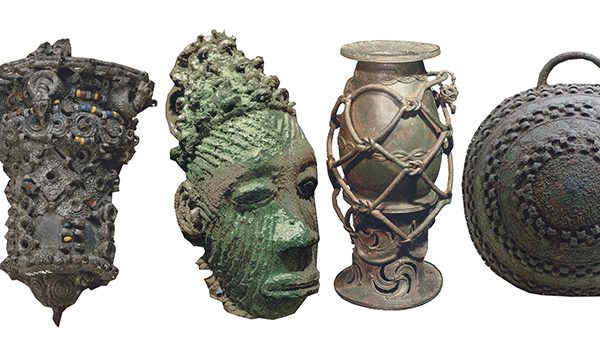
Weights and Measures of the Indus Valley Civilization
The Indus Valley Civilization’s system of weights and measures exemplifies their advanced understanding of mathematics, precision engineering, and centralized administration. This article explores the significance, characteristics, and legacy of the weights and measures system in one of the world’s earliest urban societies.








